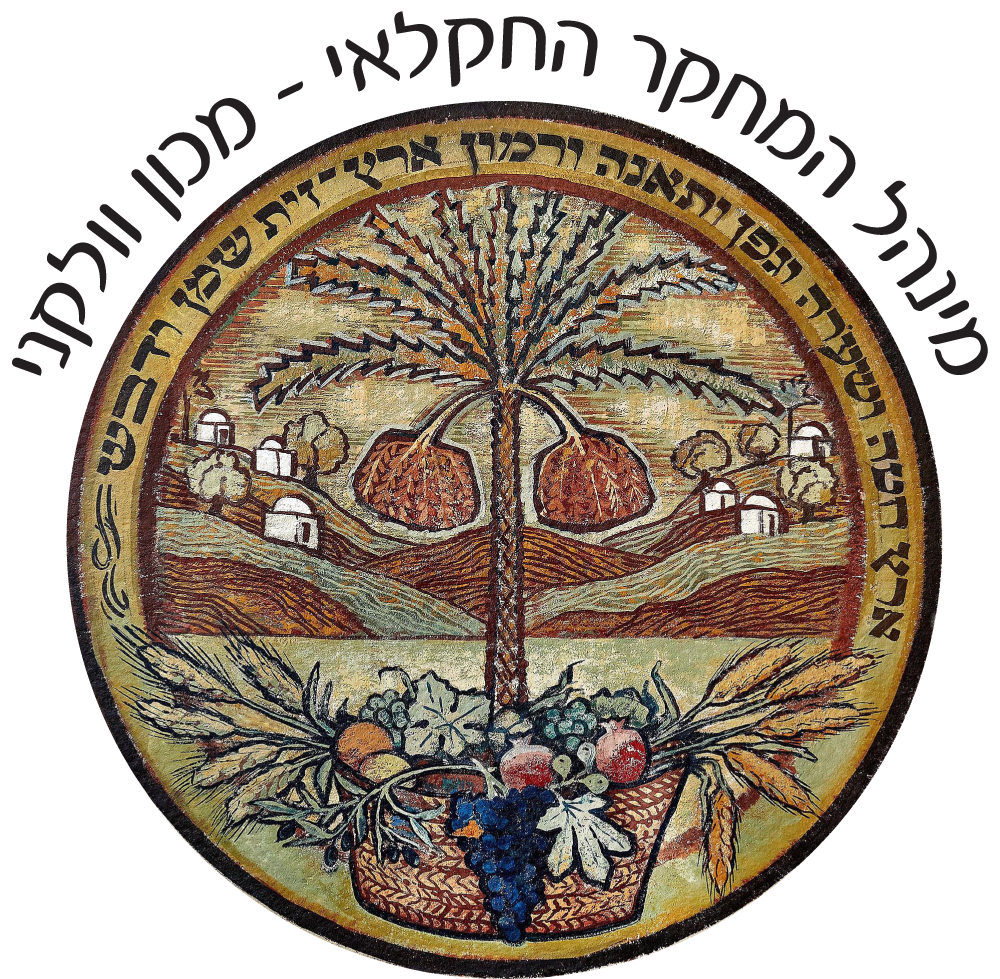Yagil Osem Ph.D.
Forest Scientist
- Institute of Plant Sciences
- Agroecology and Natural Resources
- The Department of Natural Resources, Volcani Center, Rishon LeZion, Israel
- +972-506220477
Biography
Forest Ecology and Management in water limited environments (Dryland Forests)
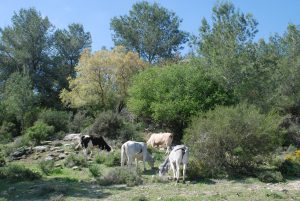
Education
-
1992-1995
B.Sc. in Agricultural Sciences at The Faculty of Agricultural, Food and Environmental Quality Sciences, The Hebrew University of Jerusalem. Specializing in Soil and Water Sciences.
-
1995-2002
Ph.D. in Agricultural sciences at the Institute of Plant Sciences and Genetics in Agriculture, Faculty of Agricultural, Food and Environmental Quality Sciences, The Hebrew University of Jerusalem. Title of thesis: “Community structure of annual plants in a semi-arid Shrub-land (Northern Negev): Changes and trends in the seedbank and in the vegetation due to protection from grazing, in contrasting habitats differing in resources availability" Supervision by: Prof. Jaime Kigel and Prof. Avi Perevolotsky.
-
2005-2006
Postdoctoral position at the Department of Natural Resources, Institute of Plant Sciences, the Volcani Center, Agricultural Research Organization, Bet Dagan. Research subject: "Natural regeneration of coniferous forests in the Mediterranean zone of Israel". Supervision by: Dr. Nir Atzmon
Research Interests
Research aim: The aim of the research is to develop strategies for the optimal management of dryland forest ecosystems to nurture and conserve these ecosystems and maximize the ecosystem services they provide to humans and the environment.
Research topics: The research focuses on the interactions between environmental factors and management schemes and their influences on the structure, functioning, dynamics and resilience of dryland forest ecosystems.
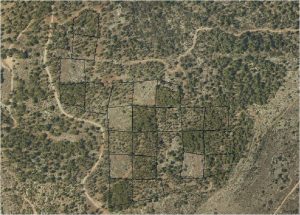
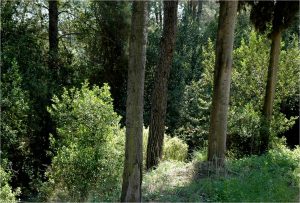
Principal environmental factors that are examined: climatic conditions, water availability, topography, edaphic features, natural disturbances and human related disturbances.
Major management factors that are investigated: silvicultural thinning, livestock grazing, fire fuel reduction treatments and forest regeneration actions.
Assessing the structure and functioning of forest ecosystems is done through various biometric parameters from leaf to ecosystem scales including photosynthesis and primary productivity, transpiration and water consumption, water use efficiency, water yield, leaf area index, vegetation composition and diversity, natural regeneration, fire hazard and more.
Evaluating the resilience of forest ecosystems is done by assessing the system’s capacity to persist, recover and reorganize in the face of environmental pressures such as prolonged drought, climate change and wildfires.
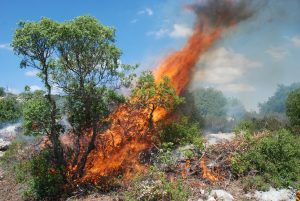
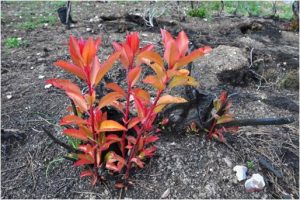
The research tools: the lab’s work is based mainly on field experiments using a wide variety of research tools including vegetation surveys of various kinds, water potential and fluxes of water and carbon measurements, optical measurements for estimating leaf area index (LAI), laser scanning (LiDAR) for characterizing and quantifying 3d forest structure, continuous monitoring of climate, microclimate and soil moisture using specific sensors and data loggers, satellite and airborne remote sensing, physio-empirical models for projecting fire behavior, and more.
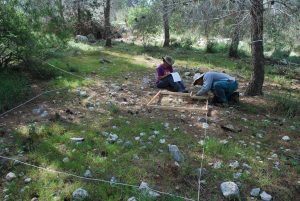
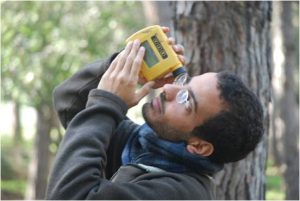
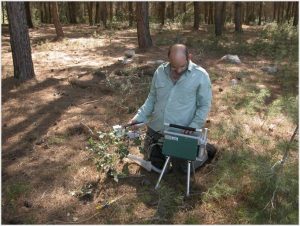
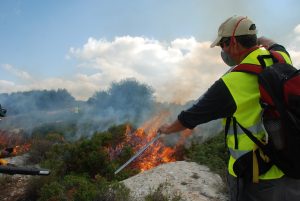
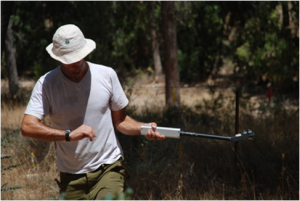
Research Areas
- plant ecology
- forest ecology
- dryland forests
- forest management
- forest monitoring
- climate change
- water use efficiency
- forest regeneration
- forest fire
- Forest biodiversity
